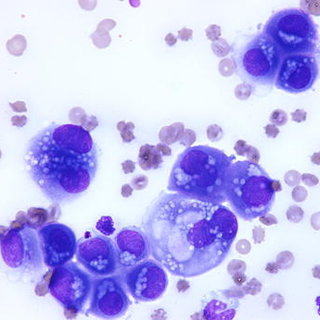Cancer in the pleura may or may not cause symptoms. This is known as pleural effusion.
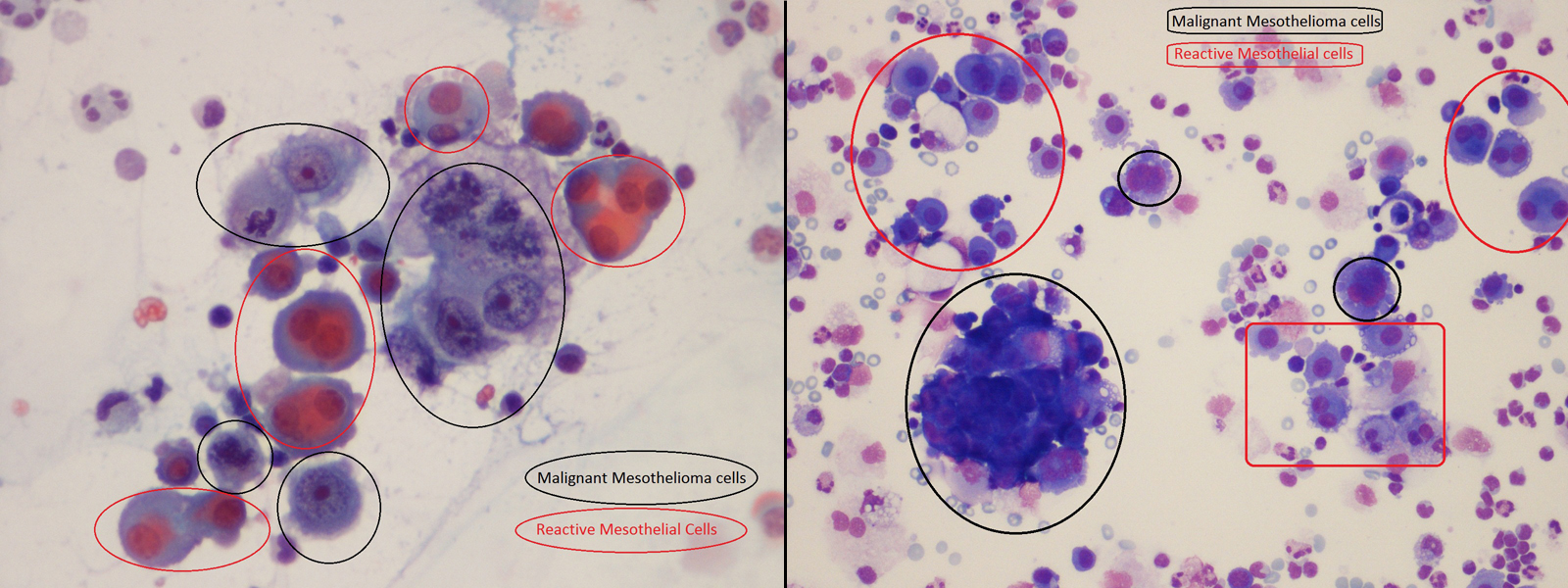
Case N 35 Pleural Effusion Mesothelioma Cytology Blog Site
Once in the pleura cancer cells may develop into one or multiple tumors or vice versa.
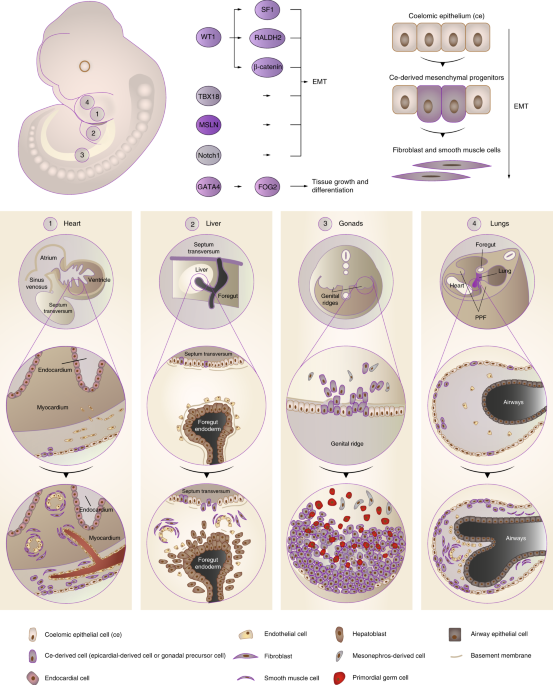
Mesothelioma cells in pleural fluid. In the current study researchers compared the traditional method of analyzing cancer cells in pleural fluid with a method that involves concentrating those scattered cells into a block that. This is due to medical intervention or tumor growth. Researchers from the moffitt cancer center have reported between 80 95 of pleural mesothelioma patients have pleural effusions.
While a pleural effusion may be a symptom of pleural mesothelioma itself the condition can also cause its own symptoms like breathlessness. A pleural effusion is an abnormal fluid buildup between the pleural layers. Looking for mesothelioma cells in pleural fluid can help doctors identify this asbestos related cancer as a possible cause of pleural effusion.
Neoplastic transformation of mesothelial cells results in malignant mesothelioma an aggressive tumor especially the pleura. Symptoms or signs of mesothelioma may not appear until 20 to 50 years or more after exposure to asbestos. There are certain cells that line the pleura the thin double layered lining which covers the lungs chest wall and diaphragm which are known as mesothelial cellsother than the pleura mesothelial cells also form a lining around the heart pericardium and the internal surface of the abdomen peritoneum.
Suspected mesothelioma patients with pleural effusion will often undergo thoracentesis a technique for removing some of the fluid for examination. The more advanced the cancer the more likely it is to produce noticeable symptoms. Pleural effusion becomes less common as pleural mesothelioma progresses.
For pleural mesothelioma patients pleural effusions develop in the majority of cases especially among patients with late stage disease. Signs and symptoms lungs. If a tumor engulfs the pleural space fluid buildup is inhibited.
A patient may develop shortness of breath and vague chest pains while the fluid experiences a buildup in the chest cavity these are two of the most common. Shortness of breath cough and pain in the chest due to an accumulation of fluid in the pleural space pleural effusion are often symptoms of pleural mesotheliomamesothelioma that affects the pleura can cause these signs and symptoms. Mesothelial cells in pleural fluid.
Reactive mesothelial cells reactive mesothelial cells in pleural fluid reactive mesothelial cells are found when there is infection or inflammation present in a body cavity. Pleural effusions are a common diagnosis in the united states and generally indicate a larger condition or disease. The fluid can accumulate quickly if the mesothelial cells fail to function resulting in an unhealthy collection of fluids in the chest cavity.
The mesothelial cells in this fluid resemble those seen in many non neoplastic effusions and essentially lack cytologic criteria of malignancy despite this fluid being from a dog with documented mesothelioma based on tissue invasion in surgical biopsies of tissues. Once the doctor determines there is fluid in the pleural cavity they may collect a sample for evaluation using a technique called thoracentesis.
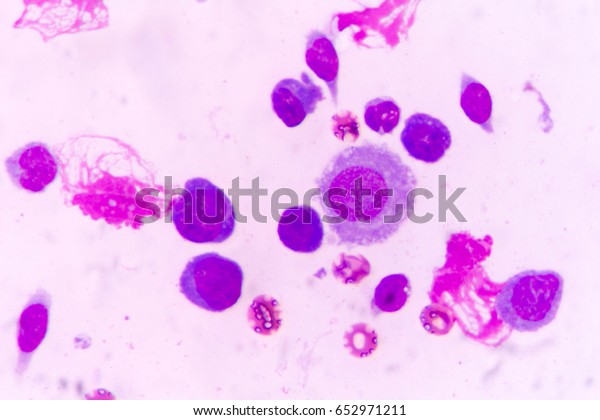
Mesothelial Cell Pleural Fluid Stock Photo Edit Now 652971211

Mesothelial To Mesenchyme Transition As A Major Developmental And Pathological Player In Trunk Organs And Their Cavities Communications Biology
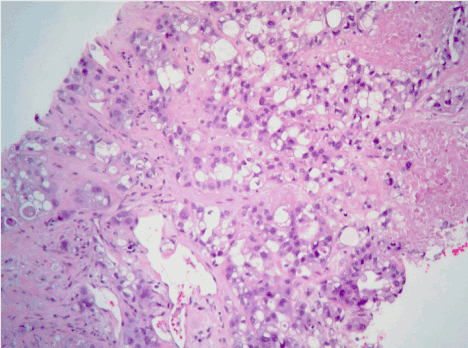
Malignant Pleural Mesothelioma Presenting With Cardiac Tamponade A Rare Case Report And Review Of The Literature
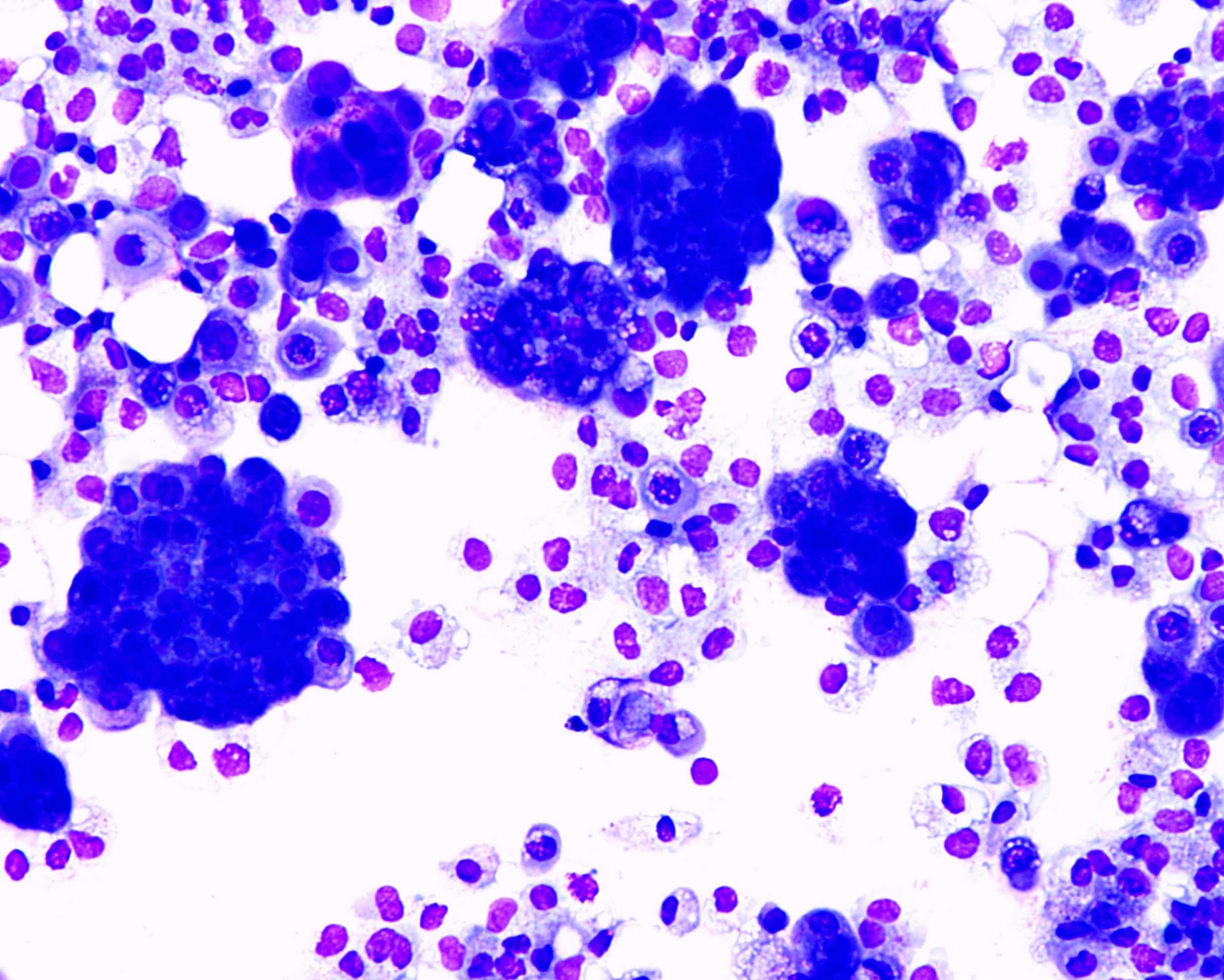
Pathology Outlines Mesothelioma Epithelioid
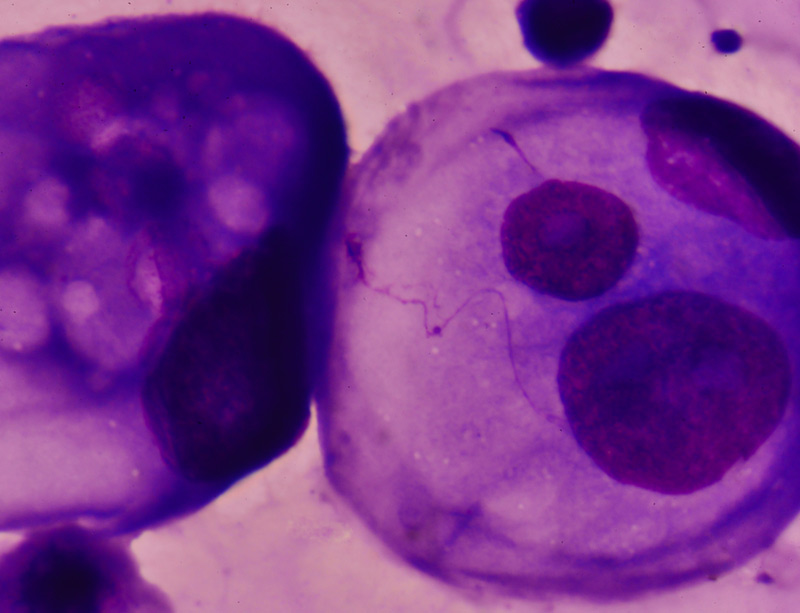
Moving Toward An Earlier Diagnosis Of Mesothelioma

Mesothelial Cell In Pleural Fluid Stock Photo Picture And Royalty Free Image Image 65541205
